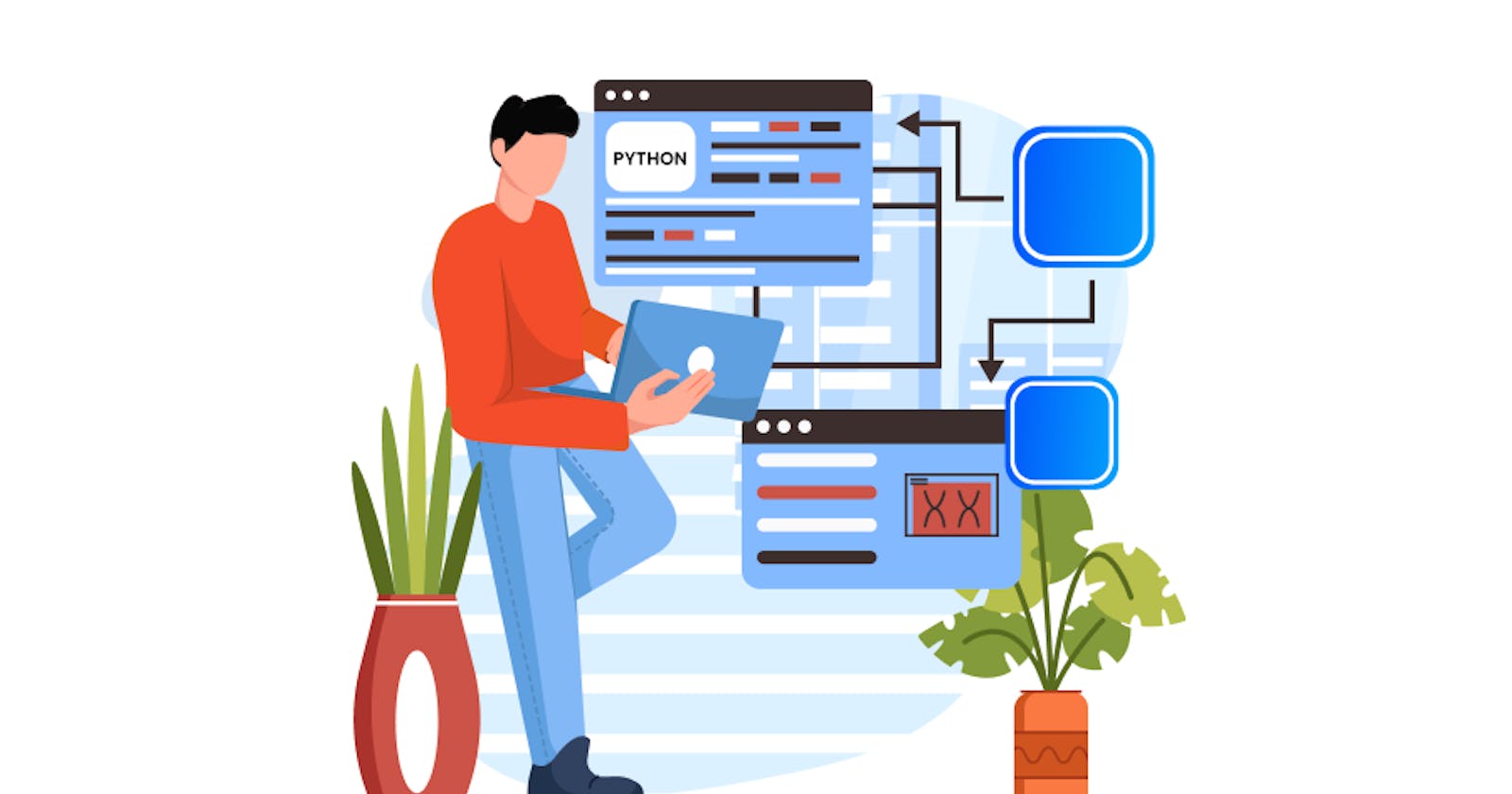Technology is advancing faster than ever before and Python programming is at the forefront of this revolution.
Python developers have become an invaluable asset for businesses, providing the necessary expertise and tools to stay ahead of the competition.
They have immense potential to help businesses succeed, and the right tools and skills can give them the ability to create powerful solutions.
But what makes it so valuable?
Simplicity enables faster development. Python has an uncomplicated syntax that allows developers to build applications more efficiently than languages like Java or C++ which require more boilerplate code. This simplicity lowers barriers to entry for newcomers as well.
Integration capabilities expand Python's utility. Python plays well with others - it can be straightforwardly integrated with JavaScript, C, Java, etc.
This flexibility allows Python to power anything from web apps to complex data science pipelines.
Active community accelerates innovation.
Python benefits enormously from an engaged, collaborative community. Open-source libraries and tools get better through rapid user feedback loops. Events like PyCon also connect thousands of Pythonistas to learn from one another.
A key strength driving Python's widespread adoption is its exceptional ability to work together with other languages and platforms.
Thanks to its flexible design, Python smoothly connects with C++, Java, JavaScript, and more to build robust large-scale apps.
Companies using big data, cloud services, AI, and other complex fields depend on Python's skills to efficiently link different systems and process huge data sets.
But Python isn't just a high-powered coding language for experts. It also provides an unusually welcoming environment for programming beginners through its:
Simple syntax
Indented structure
Focus on readability
Guidance through extensive online documentation and community forums further allows both new and veteran programmers to productively develop anything from basic automation scripts to innovative machine-learning models
Additionally, Python has support from an engaged open-source community constantly sharing:
New libraries
Tools
Feedback
To collectively improve the language. Major conferences like PyCon even connect thousands of Python developers in person to learn from each other.

In my experience, the best Python programmers consistently excel at a few key responsibilities:
1) Writing clean, readable code
The foundation of any software project is quality code. Python helps in this regard with its emphasis on simplicity and legibility compared to languages like C++ and Java.
But it still takes skill to translate requirements into efficient, future-proof Python that other developers can easily understand. The most capable Python developers produce robust code quickly that sets their teams up for success now and in the future.
2) Identifying and Solving Tricky Bugs
No one writes perfect code, so debugging prowess separates decent developers from great ones. The most proficient Python programmers track down the origin of issues in complex systems.
They leverage strong logic skills and their intuitions are honed from assessing countless bugs beforehand. Skilled Python developers won't rest until the software runs smoothly again.
3) Collaborating closely with Cross-Functional Teams
Software engineering is a team sport, so collaboration abilities distinguish truly versatile Python developers.
They recognize that the best solutions incorporate perspectives from across departments. Naturally confident Python programmers voice thoughtful suggestions in discussions and elicit feedback from colleagues to raise red flags early. Their leadership and cooperation accelerate progress.
4) Advocating for Best Practices
Outstanding Python developers also advocate for well-designed, maintainable code by urging regular peer reviews. Through constructive criticism of each other's codebases, teams uphold higher quality standards and better prepare systems for future needs. Knowledge sharing also propagates efficiencies faster across engineering teams.
What are the skills that a Python developer needs to have?
A modern Python developer is expected to have a versatile skill set in these fundamental areas:
Algorithmic Proficiency: A Python developer should possess a thorough understanding of algorithms, data structures, and object-oriented programming.
Web Development Expertise: The ability to construct scalable, secure, and efficient web applications necessitates familiarity with web frameworks like Django and Flask.
Database Management: Essential for Python developers is a comprehension of SQL and proficiency in managing database systems such as MySQL and PostgreSQL.
Version Control Mastery: Proficiency in version control systems like Git is essential for effective collaboration and code management.
Problem-Solving Acumen: Identifying and resolving issues efficiently demands strong problem-solving skills from Python developers.
Soft Skills and Continuous Learning: Augmented technical prowess, effective communication, teamwork, and a perpetual commitment to learning form the cornerstone for Python developers to excel in their roles.
Learn more: What Tools Do Python Developers Use?
As we have seen, Python developers are in high demand due to Python's versatility, simplicity, and strong community. Organizations across industries are urgently seeking to fill open Python developer roles.
However, finding and hiring qualified Python developers can prove challenging. As a manager, you may struggle to identify candidates with the right blend of technical prowess and soft skills needed to excel.
To attract top Python talent, it’s important to understand key technical and soft skills to look for, sample Python developer interview questions, and salary information.
With the right understanding of Python developer responsibilities and required abilities, you can confidently assess candidates and make strategic hiring decisions.
